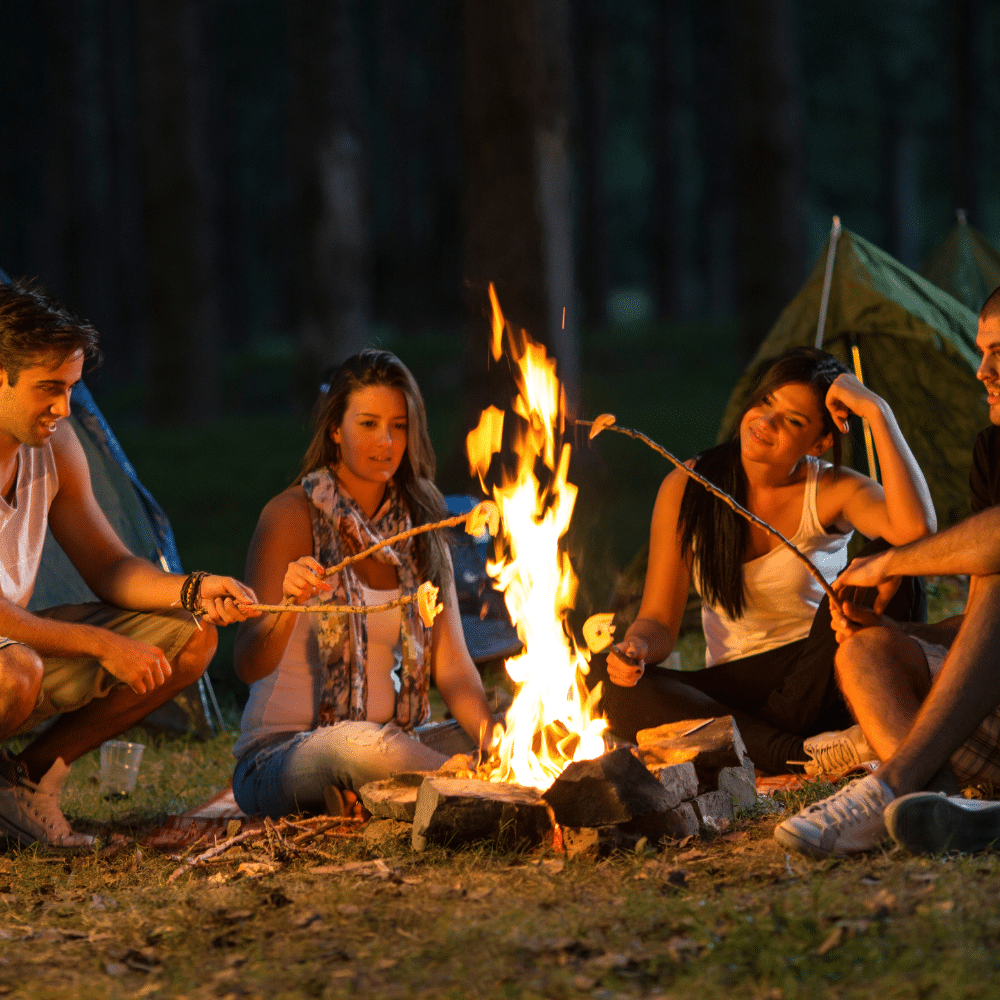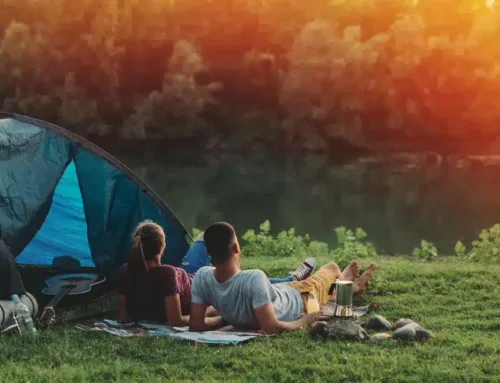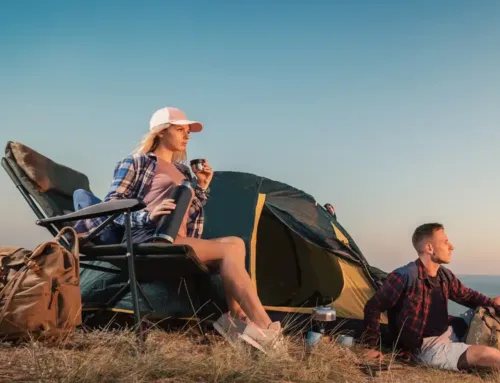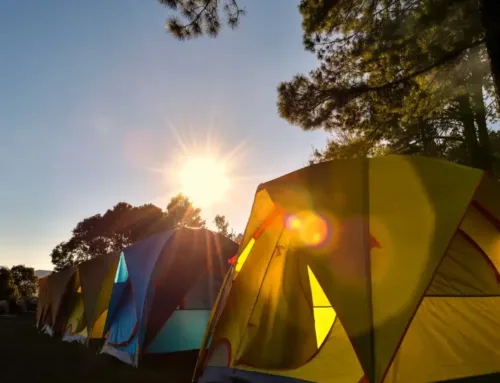Embarking on a camping trip is an exciting way to reconnect with nature, unwind from the hustle and bustle of daily life, and create lasting memories with loved ones. However, to ensure a safe and enjoyable experience, it’s essential to follow important guidelines for a secure camping adventure. In this comprehensive guide, we’ll explore key tips and recommendations to help you stay safe and prepared while enjoying the great outdoors.
Plan and Be Prepared
Research Your Destination
Before setting out on your camping trip, take the time to research your chosen destination thoroughly. Familiarize yourself with the terrain, weather conditions, local wildlife, and any regulations or permits required for camping in the area.
Pack Accordingly
Make a comprehensive packing list and ensure you have all the necessary gear and supplies for your camping adventure. Essentials include a tent, sleeping bags, cooking equipment, food and water, a first aid kit, navigation tools, and appropriate clothing for the weather.
Inform Others
Inform a trusted friend or family member about your camping plans, including your itinerary, expected return date, and emergency contact information. This ensures that someone knows your whereabouts in case of an unforeseen situation.
Stay Safe in the Wilderness
Practice Leave No Trace Principles
Respect the natural environment and minimize your impact by adhering to Leave No Trace principles. Pack out all trash, avoid damaging vegetation, and stay on designated trails to preserve the beauty of the wilderness for future generations.
Stay Hydrated and Well-Nourished
Stay hydrated by drinking plenty of water throughout your camping trip, especially in hot or dry conditions. Pack nutritious, non-perishable food items that provide sustained energy for outdoor activities.
Be Aware of Wildlife
Keep a safe distance from wildlife and avoid feeding or approaching wild animals. Store food securely to prevent attracting wildlife to your campsite, and follow local guidelines for bear safety if camping in bear country.
Emergency Preparedness
Know Basic First Aid
Equip yourself with basic first aid knowledge and a well-stocked first aid kit to address minor injuries or medical emergencies while camping. Be prepared to administer first aid for cuts, burns, insect bites, and other common outdoor injuries.
Carry Emergency Supplies
In addition to a first aid kit, carry essential emergency supplies such as a flashlight, extra batteries, a multi-tool or knife, waterproof matches or a lighter, and a portable shelter or emergency blanket.
Stay Informed
Stay informed about weather forecasts and any potential hazards or advisories for your camping area. Be prepared to adjust your plans or take shelter if severe weather or other emergencies arise.
Conclusion
By following these important guidelines for a secure camping adventure, you can enjoy a safe, memorable outdoor experience surrounded by the beauty of nature. Whether you’re a seasoned camper or embarking on your first camping trip, prioritize safety, preparedness, and respect for the environment to make the most of your time in the wilderness. Hayes Services Works is committed to promoting outdoor recreation and adventure while ensuring the safety and well-being of campers. Contact us for expert advice, equipment rental, and guided camping tours to enhance your outdoor adventures.




